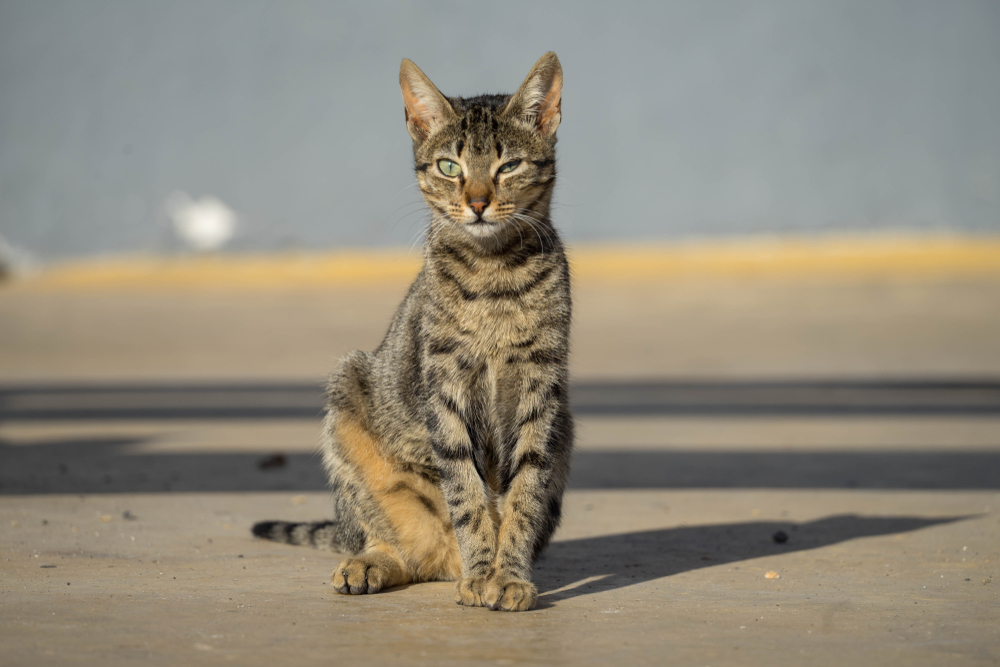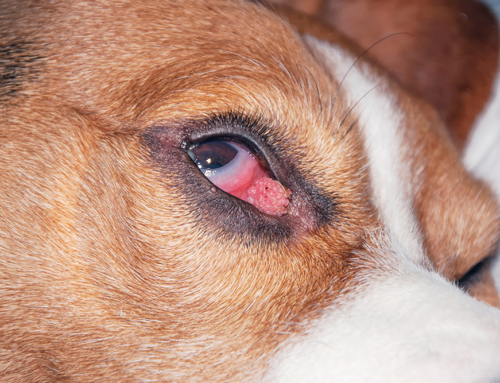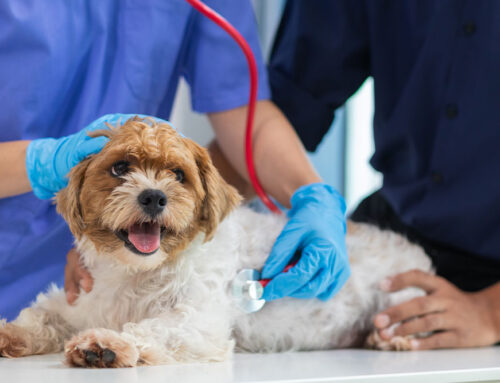Life as a pet owner would be so much simpler if your dog could send you a text message when they’re feeling under the weather, or your cat could explain their troubling symptoms in an email. Unfortunately, dogs can’t get a good grip on a smartphone unless they bite it, and cats can’t type because their paws keep slipping off the keyboard. You need a pet whisperer.
Our veterinary team at Boca Midtowne Animal Hospital is here to help bridge the communication gap between pets and their people. Early diagnosis is key to catching health concerns before they can grow into serious problems, so bring your pet in for a visit if you notice any of the following signs. Don’t hesitate because your dog is fearful or your cat seems stressed. As Fear Free Certified professionals, we are as concerned about your pet’s emotional well-being as we are about their physical health.
7 signs that your pet needs to visit the vet
- Weight loss — Unless you have intentionally placed your overweight pet on a calorie-restricted diet, they should not be losing weight. If they lose more than 10% of their body weight, it’s a good idea to schedule a checkup so we can rule out digestive, dental, or metabolic problems.
- Excessive thirst — If your pet starts making frequent trips to the water bowl, their increased thirst could indicate diabetes or kidney disease. It might also be a side effect of medication. If your pet continues to be extra thirsty for more than a few days, contact our veterinary team.
- Respiratory issues — Don’t assume it’s the pollen in the air that’s causing your cat to sneeze more than usual or your dog to start coughing. New, frequent, or increased sneezing and coughing could point to kennel cough, a respiratory infection, or an obstruction in the airway.
- Dental problems — Most dogs and cats ages 3 and older have a dental problem. Often, it’s periodontal disease, which needs to be treated to help your pet avoid tooth and bone loss. Clues that your pet’s mouth needs attention include bad breath, broken or loose teeth, bleeding or swelling around the mouth, tartar on the teeth, pawing at the face, and signs that eating has become difficult, such as reduced appetite, abnormal chewing, drooling, or dropping food. In addition to annual checkups, pets need occasional professional dental cleanings and regular toothbrushing to keep their teeth and gums healthy and ward off potential complications like changes to their kidneys, liver, or heart.
- Changes in toilet habits — If you notice changes in your pet’s urination or defecation habits, you might need to have them checked for possible medical problems. In dogs, these can include internal parasites, food allergies, viruses, inflammatory bowel disease, and bowel cancer. Cats might be suffering from an inflamed urinary tract, kidney or thyroid disease, diabetes, or an age-related complication. If your dog starts urinating or defecating in the house or your cat starts eliminating outside the litter box, the problem could be medical, emotional, or something else. Rule out possible medical causes first.

- Fatigue and lethargy — Healthy dogs may spend more than half their time asleep, while champion cat nappers may log 16 hours of slumber per day. That means it may not be easy to figure out if they’re fatigued or simply enjoying sweet dreams. Look for drops in energy that you can’t explain. In dogs, extreme lethargy could indicate heart problems, liver problems, diabetes, or hypoglycemia. In cats, it could signal a wide range of issues, from a reaction to a recent vaccination to cancer. Your cat might also have low blood sugar, anemia, poisoning, a lower urinary tract infection, or a liver, kidney, heart, or gastrointestinal issue.
- Changes in behavior — When your cat or dog deviates from their usual routine or behavior in any significant way, it could signal a disease or disorder. Stay alert for changes in temperament, increased anxiety, or fluctuations in your pet’s activity level.
If your pet shows any of the signs above, contact our Boca Midtowne Animal Hospital team to make an appointment. We are accredited by the American Animal Hospital Association (AAHA), so you can rest assured that we meet the highest standards of excellence in pet care.







Leave A Comment